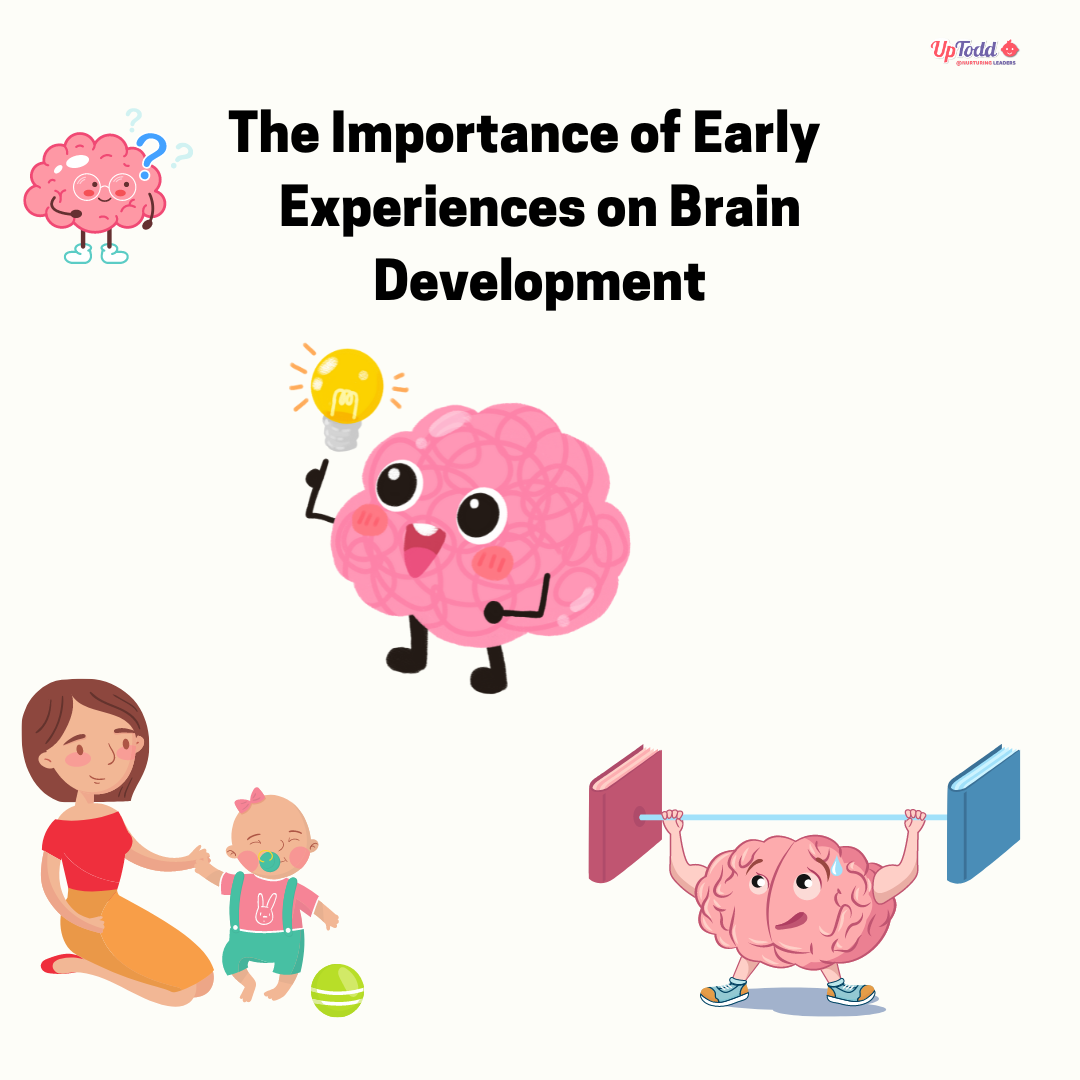
The myth that babies are born with a blank slate and that their experiences in the first three years of life have little impact on their future development is debunked. In reality, the first three years are a critical period for brain development, and the experiences during this time significantly shape a child’s future. This article explores the truth behind early childhood experiences and their profound impact on brain development.
Understanding Early Brain Development
Contrary to the notion of a blank slate, a baby’s brain begins developing in utero and continues its rapid growth during the first few years of life. By age three, the brain has already reached 80% of its adult size. This period is crucial as the brain is highly receptive to experiences and stimulation, laying the foundation for future learning and development.
The Impact of Positive Experiences
Every experience a child encounters during the early years leaves a lasting impression on their developing brain. Positive experiences, such as engaging with caregivers, exposure to language, and a nurturing environment, have significant benefits. Research shows that children exposed to rich language environments during their first three years develop larger vocabularies and stronger language skills later in life.
Negative Experiences and Long-Term Effects
Conversely, negative experiences, such as neglect or abuse, can have detrimental effects on a child’s development. Chronic stress during the early years has been linked to health problems and mental health struggles later in life. It is crucial to create a safe and loving environment for children to minimize the risk of negative impacts on their brain development.
Negative Experiences and Long-Term Effects
Parents and caregivers play a vital role in fostering healthy brain development in young children. By providing a safe and nurturing environment, engaging in positive interactions, and stimulating experiences, caregivers can help build strong connections in the developing brain. Talking, reading, singing, and playing with children all contribute to healthy brain development.
Conclusion
The myth that a child’s experiences in the first three years of life have little impact on their future development is debunked by scientific research. Early childhood experiences play a crucial role in brain development, and positive interactions during this critical period can have profound and lasting effects on a child’s overall well-being. By understanding the importance of early experiences, parents and caregivers can create an environment that supports healthy brain development and sets the foundation for a successful future. Start with UpTodd program now for complete guidance.
